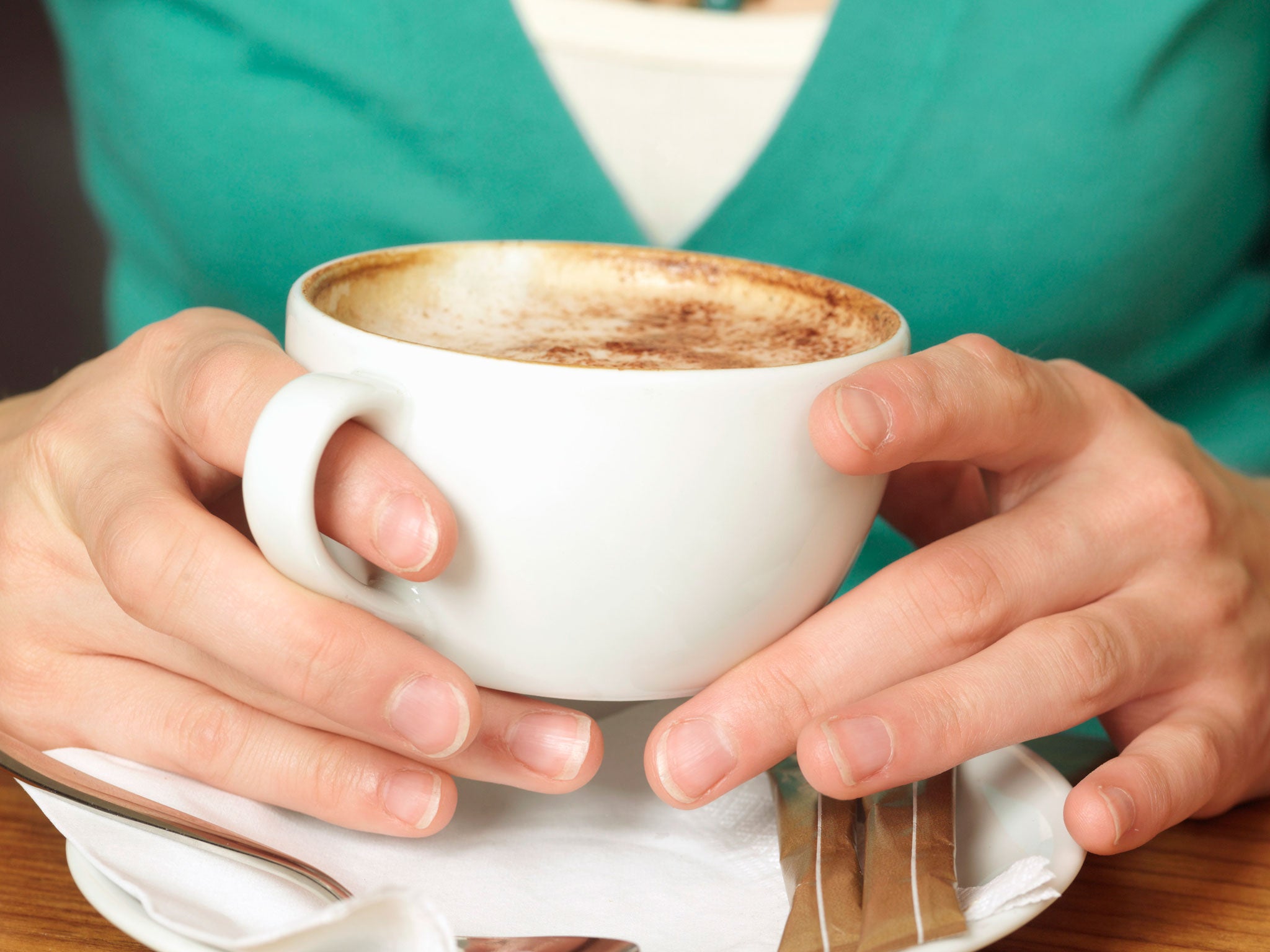Unforbidden Pleasures by Adam Phillips, book review: Not-so-naughty can be nice
Phillips argues we remain imprisoned by a notion that something can only be pleasurable if it is wicked

Your support helps us to tell the story
From reproductive rights to climate change to Big Tech, The Independent is on the ground when the story is developing. Whether it's investigating the financials of Elon Musk's pro-Trump PAC or producing our latest documentary, 'The A Word', which shines a light on the American women fighting for reproductive rights, we know how important it is to parse out the facts from the messaging.
At such a critical moment in US history, we need reporters on the ground. Your donation allows us to keep sending journalists to speak to both sides of the story.
The Independent is trusted by Americans across the entire political spectrum. And unlike many other quality news outlets, we choose not to lock Americans out of our reporting and analysis with paywalls. We believe quality journalism should be available to everyone, paid for by those who can afford it.
Your support makes all the difference.Have we lost the art of drawing pleasure from the ordinary things in life? Adam Phillips believes so. Long after organised religion and its Thou Shalt Nots have receded from most minds, he argues we remain imprisoned by a notion that something can only be pleasurable if it is wicked.
He is right that the consumer culture in which we are all immersed plays endlessly with the perception that something can only be enjoyable if it is sinful or "indulgent", which all hints at the same thing: it can only be good if it's bad.
Despite the modern cult of health, purification and cleansing, a conviction endures that a life lived in full must be lived in the fast lane and to excess. We may have no intention of following Judy Garland or Edith Piaf, but at some level we admire them for going out with a bang, not a whimper. As Phillips puts it, we are in thrall to the idea that "the risk-taking, the transgressive are by definition having a better time". By contrast, unforbidden pleasures are viewed as "sad substitutes for forbidden ones".
Phillips blames our inability to extract pleasure from the unforbidden on the vocabulary we have created around the subject. This prohibits certain things for good reason, such as murder, robbery and incest. But the language of prohibition extends more widely, defining and setting narrow boundaries around our understanding of pleasure and privileging the forbidden.
These unforbidden pleasures are usually harmless to us and to others, which ought to be a plus, but Phillips says we "want harm and pleasure to be somehow inextricable; or rather, we have come to think of the harmful pleasure as better (passion, for example, is assumed to be profounder than affection)."
Anyone unfamiliar with Phillips who imagines this short book will be a whimsical ride around various notions of pleasure should brace themselves. There is a lot of philosophy and psychoanalysis packed into these 200 pages, which were originally a series of lectures delivered to high-powered institutes and universities in Britain and the US.
One problem with this carefully argued book, for me at any rate, is that it is all diagnosis and no cure. Phillips does not explain how we are supposed to go about clearing all this mental clutter about prohibition and pleasure. I get that it is damaging and limiting, but how to change perceptions that are so ingrained?
He urges us to acknowledge how much pleasure we get from a cup of coffee and each other's company, but then admits we do not know "what a society organised more around unforbidden pleasures than forbidden pleasures would be like". Exactly. Can we rediscover a sensibility that perhaps we never had?
Some societies may be entirely free of any idea of sinful pleasure, but our mental world was shaped by the Judeo-Christian Bible whose writers never doubted sin was both enjoyable and damnable. I would love to be content with a coffee and a chat with the neighbours, but I suspect I'll always want something more. I am, apparently, still getting my pleasures all the wrong way.
Hamish Hamilton, £14.99. Order at £12.99 inc. p&p from the Independent Bookshop
Join our commenting forum
Join thought-provoking conversations, follow other Independent readers and see their replies
Comments